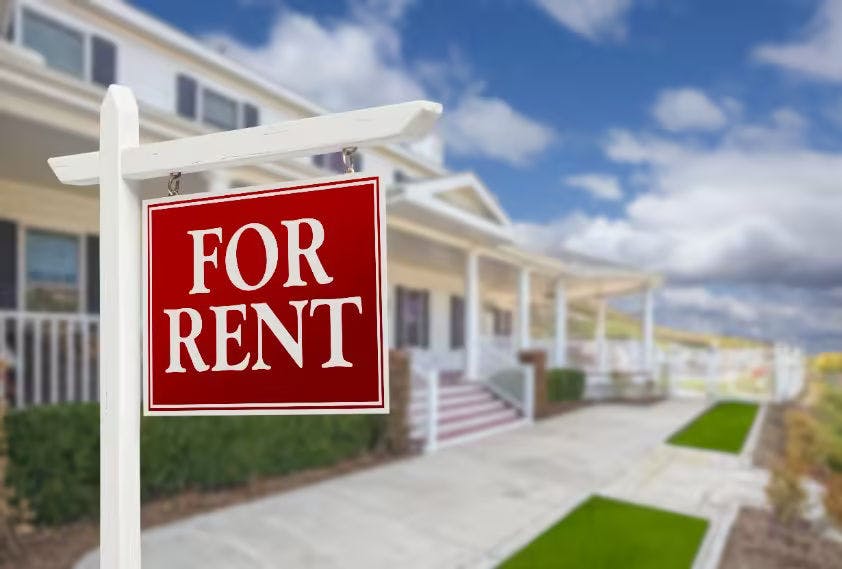
Rental Property Loans
Long-term financing for the purchase or refinance of non-owner-occupied rental properties. Whether property is set up for long or short-term rental, we have a solution to get you funded.
Apply NowAbout Rental Property Loans
Rental properties are a great source of steady income. Whether you want to finance a new purchase, refinance a property you already own or free up cash from your existing portfolio, Lend Some Money (LSM) is here to help. We offer a variety of long-term financing options so you can choose the mortgage structure that best fits your investment needs. Fill-out our obligation-free application today, or contact us and one of our friendly, knowledgeable representatives will answer all your questions about securing capital for your rental property investment(s).

Additional info about Rental Property Loans
✓ Rates as low as 7.59%+
✓ Single-family properties, 2 - 4 family units, multi-family (5+ units)
✓ 30-year fixed, ARMs 5/1, 7/1, 10/1
✓ Minimum 660 FICO requirement
✓ Borrow up to 80% of purchase price, 80% of refinance, 75% on cash out
✓ Dedicated Loan Officer
FAQs for Rental Property Loans
Getting a loan can be confusing sometimes. Between underwriting requirements, loan rates and terms, it can be hard to figure out but we're here to help you! Here are answers to some very common questions we get...

You Have Questions? We have Answers!
Maximizing your Rental Strategy
Here are some simple tips to help you make the most money from your rental properties! Contact us to learn more about how to make money investing in rental properties.

Looking for more detail?
1) Leases. If you're thinking of renting out your property, there are a few things you'll need to keep in mind. First, it's important to have a solid lease agreement in place. This will protect both you and your tenant in case of any issues that may arise.
2) Qualify Renters. There are also certain qualifications that tenants must meet in order to be approved for a rental. These include having a steady income, a good credit score, and a clean rental history. You'll also want to do a thorough background check and reference check on any potential tenants. It's important to know if they have a history of making late payments or causing damage to rental properties.
3) Worst Case Prep. Be sure to familiarize yourself with eviction laws in your state. This will come in handy if you ever need to remove a tenant from your property. There are certain procedures that must be followed in order to legally evict someone.
4) Follow Market Trends. Stay aware of marketplace rental values and their fluctuation over time. This will help you determine how much rent to charge your tenants. Asking for higher than market average may risk ending up with a vacant property, while undercharging will result in missing out on potential income.
5) Caretaker / Services. Finally, make sure you have reliable service providers in place. This includes a property manager, handyman, plumber, etc. They will be responsible for taking care of any maintenance or repair issues that may surface unexpectedly.